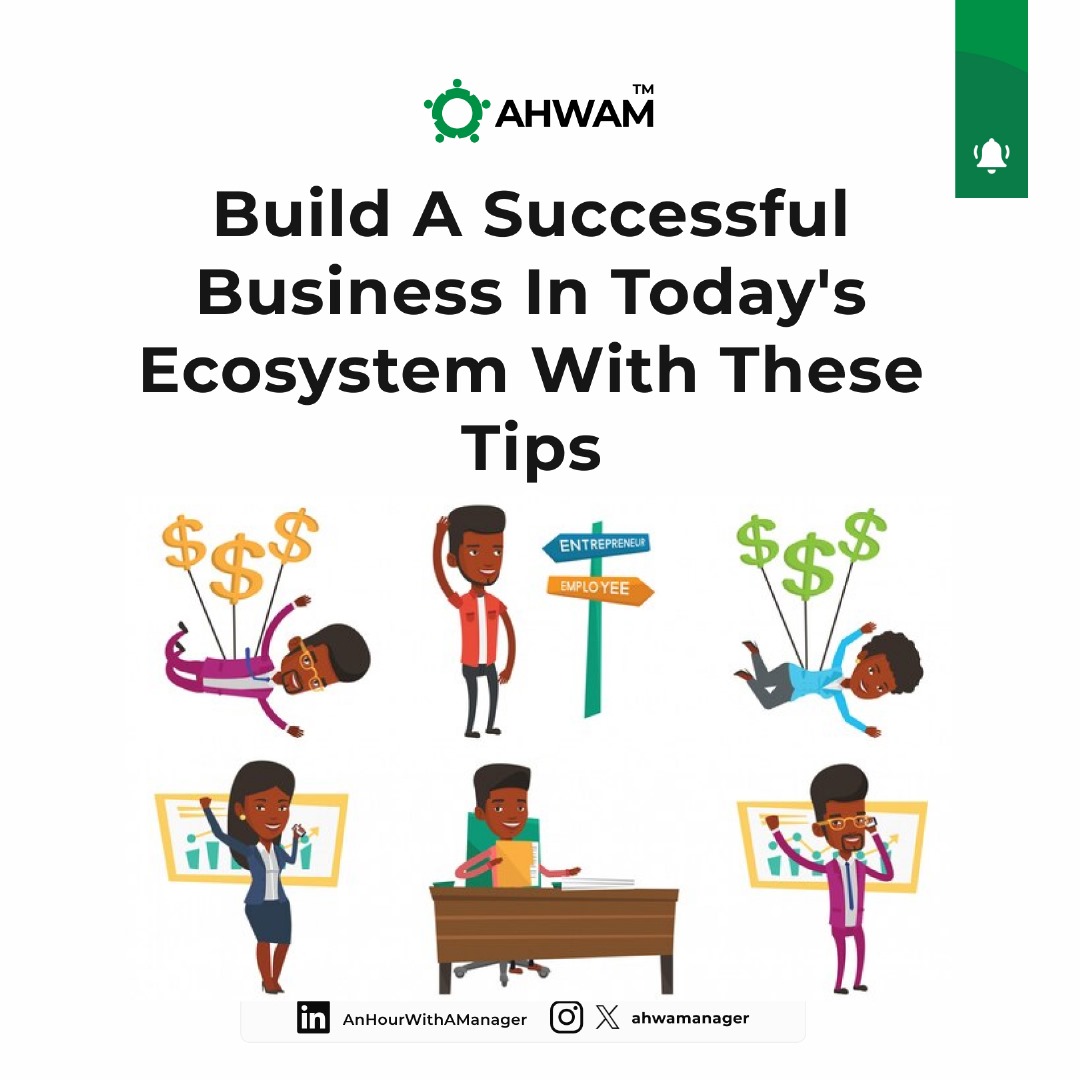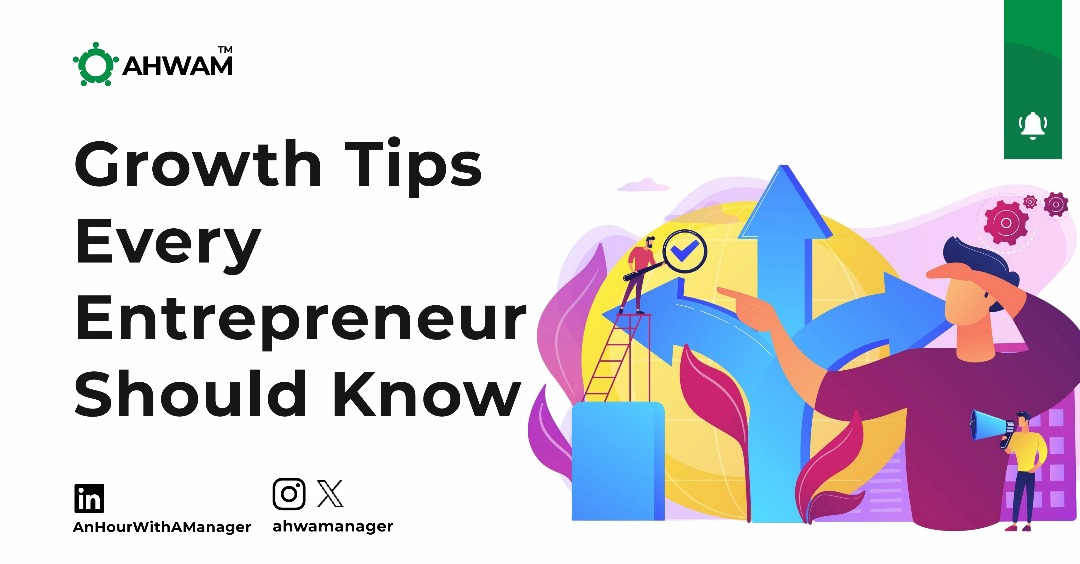Being open and honest with your employees is a big part of being a good company leader. It supports true trust development and leading with integrity. For a long time, leaders in African cultures have earned respect and brought people together by being open and sharing responsibility. The words "I am because we are" (Ubuntu) and "pulling together" (Harambee) remind us that leadership is a journey we all take together. Today, African businesses can use these values as a strong base to be open and honest in ways that really work for their communities and the problems they face.
A Tradition of Open Leadership in Africa
African communities prospered before contemporary businesses because their leaders were transparent in how they made decisions and participated with others in the discussion. To ensure that everyone understood the reasons behind decisions, elders and councils convened to have an open discussion. As a result, there was trust and a feeling of community. By carrying on this custom into the modern business world, executives can establish enduring relationships with their teams, clients, and communities.
Core Principles of Transparent Governance for African Business
- Open and Honest Communication
Important information about the organization's achievements and decisions that impact everyone should be communicated by leaders in a clear and concise manner. Establishing safe spaces where neighbors, employees, and clients can voice concerns as well as ask questions without fear is crucial.
- Clear and Regular Reporting
Not only once in a while, but often, updates ought to take place Companies should set up a regular time, like once every three or six months, to talk about how their finances, social efforts, and impact on the environment are going. These updates should be easy to understand for everyone, so they should use clear language or local languages. People can stay up to date at any time by using online tools to share information.
- Including Everyone’s Voice
Being honest goes beyond simply telling, it also means listening. Leaders should ask everyone in the business and community for their opinion, including employees, customers, investors, and local leaders, and then really think about what they have to say before making a decision. People like surveys, meetings, and other ways to give feedback because they 
- Protecting What Needs Privacy
You don't have to share everything to be open. Some things, like sensitive data or trade secrets, need to be kept secret. Being honest and open about what they can share is a sign of an effective leader. They additionally adhere to privacy and the law.
Simple Steps to Build Transparency
- Set a regular schedule to share news about business progress and community impact.
- Use simple language and local context in reports and updates.
- Use websites or apps for easy, real-time sharing of information.
- Make sure employees and community members have safe ways to report problems or concerns.
- Train leaders to communicate openly and listen carefully.
Real-Life Example: Toluwalese and Cafe One’s Success
A leader at Baobab Circle named Toluwalese shows how being open and honest can change how business is done. A lot of customers had questions about Caf One's new digital wallets at first. Being Toluwalese required being patient and honest, listening to fears, and keeping the conversation going. Customers at Cafe One swiftly accepted the new technology because she was honest with them. This shows that trust may contribute to success.
Learn more about Toluwalese’s leadership here: The Leadership Journey of Toluwalese at Cafe’ One.
AHWAM Ethical Leadership Framework for African Business 2025
African business leaders can deepen their transparency and ethical governance through the AHWAM Ethical Leadership Framework for 2025. It offers practical guidance on integrity, open communication, accountability, stakeholder engagement, and sustainable growth. The framework includes self-check tools, guides for community involvement, decision-making approaches, and easy-to-use report templates.
Download the full framework here: [Download AHWAM Ethical Leadership Framework].
Why Transparency Matters
Transparency is not a one-time action but a journey that builds connection and trust over time. When African businesses lead with openness and honesty, they create environments where people feel valued and heard. This leads to better decisions, reduces problems like corruption, and lays the groundwork for lasting success that benefits everyone.
Summary
Transparency is the heart of ethical leadership and sustainable business growth in Africa. Rooted in cultural values like Ubuntu and Harambee, transparent governance means openly sharing information, listening to stakeholders, and protecting what must stay private. This blog explores how leaders can build trust through clear communication, regular reporting, and inclusive engagement. Real-world examples, like Toluwalese’s work at Caf One, show how openness leads to success. Business leaders are also invited to download the AHWAM Ethical Leadership Framework for practical tools that bring transparency to life. Transparency is not a one-time task but a continuous journey, key to building trusted and thriving businesses across Africa.











